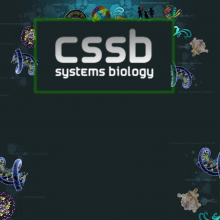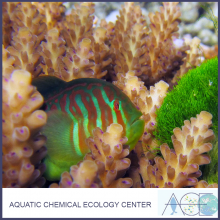
Welcome to the School of Biological Sciences at Georgia Tech. Learn about graduate and undergraduate programs, our research, upcoming events and news — and dive into a new magazine by the College of Sciences.
Recent News

The new center will promote research and collaboration focused on using state-of-the-art artificial intelligence and machine learning techniques to address complex scientific challenges.

Experts say that more accurate depictions of sharks can help protect them and highlight their role in global ecosystems.

The interdisciplinary program provides an in-depth look at how science is communicated to the public, how policy shapes research, and how science communication affects society.

Four exceptional alumni from Georgia Tech’s College of Sciences have been named to the Georgia Tech Alumni Association’s 2025 class of 40 Under 40, recognized for their contributions in science, medicine, entrepreneurship, and education.
Upcoming Events
Experts in the News
Phys.org | 2025-06-24T00:00:00-04:00
CNN | 2025-06-05T00:00:00-04:00
Spark: College of Sciences at Georgia Tech










